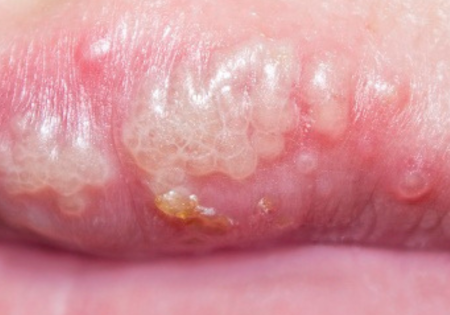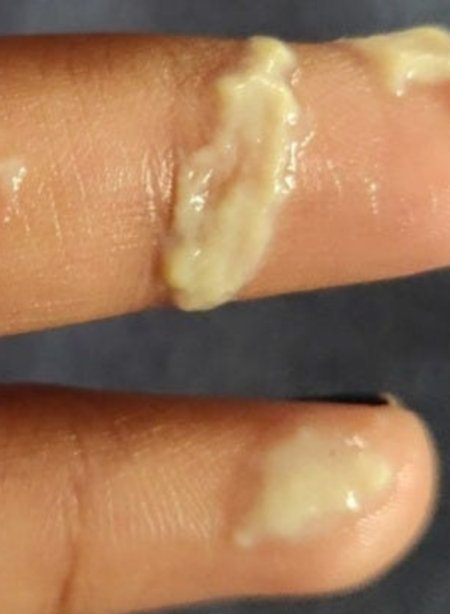When a man’s semen has less sperm than usual—either in terms of quantity, quality, or motility—it is referred to as having low sperm. This disorder, sometimes referred to as low sperm count or oligospermia, can impair fertility and increase a man’s chances of becoming pregnant with his partner.
A sperm count of less than 15 million per milliliter of semen is usually indicative of poor sperm count. It’s crucial to remember that while a low sperm count might greatly lower the likelihood of pregnancy, it does not always indicate infertility in men.
Lifestyle Behavior Connected to Low Sperm Count in Men
- Smoking: Using tobacco can have a detrimental effect on the quantity and quality of sperm, resulting in a low sperm count.
- Consuming too much in Alcohol: Excessive alcohol consumption can impact sperm quality and hormone production, which can lead to a low sperm count.
- Bad Diet: Nutritional inadequacies resulting from a diet heavy in processed foods, saturated fats, and deficient in fruits and vegetables might affect the health and count of sperm.Sedentary Lifestyle: An elevated scrotal temperature brought on by inactivity and extended sitting might result in obesity and a decreased sperm count.
- High Stress Levels: Prolonged stress can alter testosterone levels, which can impact sperm production and result in a low sperm count.
- Hot Baths or Saunas: Prolonged sitting, hot baths, or saunas can expose the testicles to excessive heat, which can reduce sperm count and impede sperm production.
- Tight Clothes: Clothes that cinch the scrotum or tight underwear can raise the temperature of the scrotum, which can have a detrimental effect on sperm count and production.
For the best possible outcome for male reproductive health, certain behaviors that can lead to low sperm count should be changed.







